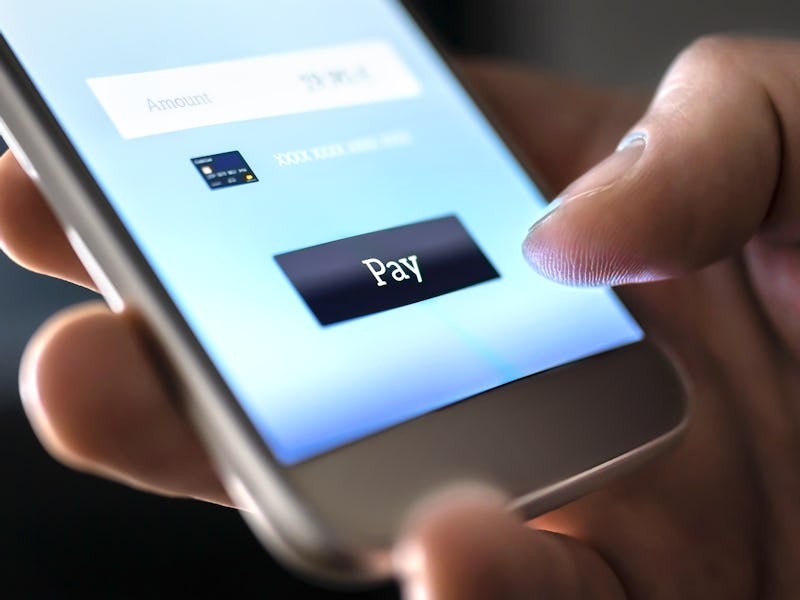Will the coronavirus kill cash? Russia is pushing for more digital payments
As countries work to fight the spread of the coronavirus, Russia is pushing for more digital payments to contain its spread.

As countries work to fight the spread of the coronavirus, it has become clear that traditional methods of fighting disease have proven ineffective. Considering the threat, Russia is now pushing for more digital payments so it won't be spread out on cash. Russia isn't alone in worrying about people contracting coronavirus from handling cash, as widespread concerns over if you can get coronavirus from currency have caused many leaders to call for less money changing hands.
On Tuesday, Russian consumer safety watchdog Rospotrebnadzor began encouraging citizens to utilize digital payments as often as possible. The World Health Organization has warned that viruses can remain on currency for several days, and it's advised people to wash their hands after handling cash. You can't get the coronavirus from simply touching currency that has the virus on it, but if you touch the cash and then touch your mouth, eyes or nose, you could get infected.
"Cash is by far the most popular form of payment among Russians," notes travel guide Frommer's, but the coronavirus is forcing cultural changes across the globe. Russian officials are telling banks to disinfect their ATMs on a regular basis, and ATMs that recycle cash will be refilled less often. The country's central bank is having workers wear masks and gloves. Vladimir Demidenko, deputy head of its cash circulation department, told Reuters that the country's central bank keeps currency for 14 days before distributing it, and they're advising that banks follow the same process.
The People’s Bank of China is actually using ultraviolet lights and high-temperature ovens to disinfect the cash that's coming in, and it's replacing old currency with new currency. If you want to disinfect the cash you have, you could certainly do that, too. Just clean it with soap and water and let it dry out. You should also make sure to disinfect your credit card when you return home from the store.
Here in the United States, the Federal Reserve has been holding cash coming from Europe and Asia. It's unclear if the Federal Reserve is taking further measures to deal with the cash issue.
Digital payment apps like Apple Pay and Venmo are surely happy to see people moving more toward digital payments. Though Bitcoin has suffered a major loss in value since the coronavirus outbreak began, the cryptocurrency may also see popularity growth. Bitcoin value jumped by around 10 percent over a 24-hour period on Tuesday, so people might be taking more interest.
The coronavirus outbreak is changing how we approach daily life in many ways, and this switch to digital could have long-lasting effects. With more and more people adopting digital payments and getting used to the idea, we might see major growth in the ubiquity of this payment system. The notorious "cash only" business could soon largely become a thing of the past.
As we reported last week, the coronavirus outbreak is also causing a major increase in online shopping, and it is benefitting companies like Amazon. We may not only get used to paying for things digitally but also doing most of our shopping digitally.
See also: Will high traffic break the internet? Google is trying to make sure it doesn't
Digital payments are already popular in Russia and many other countries, so it shouldn't be too hard for citizens in those countries to avoid cash. We'll see if other countries start advising citizens to switch to digital and what affects that will have in the longterm.
The Inverse analysis
I remember back in the day when I would watch Cowboy Bebop on Adult Swim, and they would pay for everything digitally. They would just transfer each other money using their digital devices. It seemed so cool and futuristic then, and it's now become part of our daily lives. The vast majority of Americans own a smartphone, and it's pretty easy to set up digital payments when you have one, so it makes sense that we're moving further and further away from cash payments. Perhaps the coronavirus will be the thing that makes them even rarer.